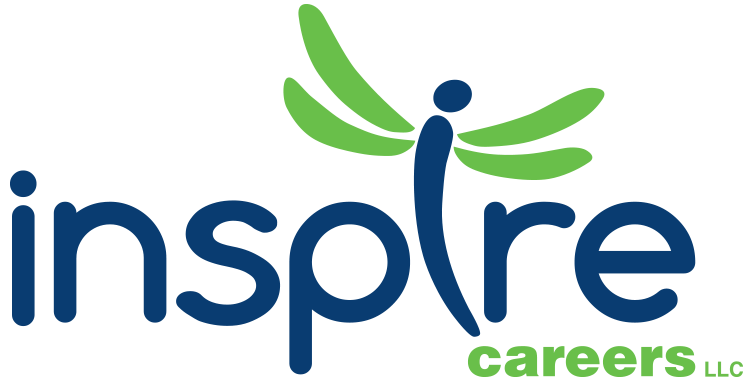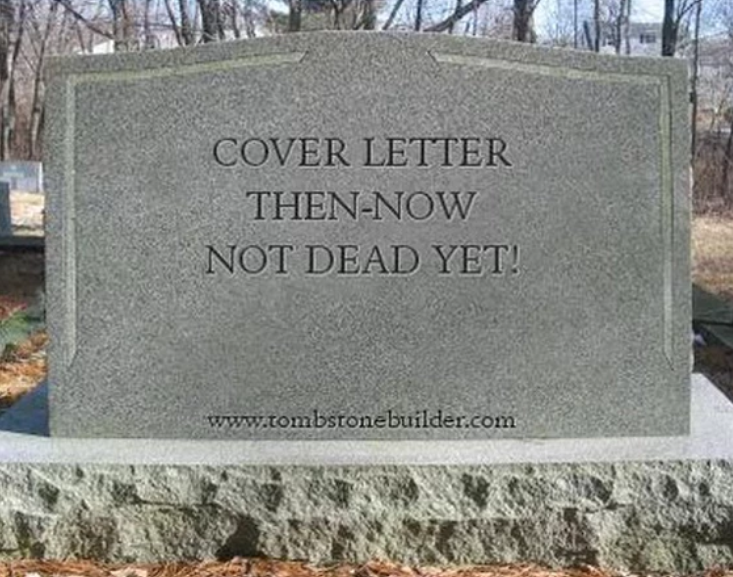
Back in 1897, when rumors of the passing of the great American humorist Mark Twain were running rampant, including his obituary being published by a leading newspaper of the day (giving credence to the old saying “don’t believe everything you read), was reported to have responded to the rumors by penning a response acknowledging “The report of my death was an exaggeration.”
If Cover Letters could write themselves, they would likely say the same thing (published across social media though of course)! As a Professional Resume Strategist and Career Coach, I am frequently asked if a cover letter is still relevant, and is still a necessary part of the job search process.
Alas, don’t order the flower arrangement yet! You’ll be happy to know that like Twain, the rumors of its demise have been exaggerated. The 2017 Cover Letter is alive and well thank you very much, and like many other long held traditions in our culture, it has transformed over the years to reflect the changes in social attitudes, a global economy and the ever-changing impact of technology.
Many of us whose employment histories span decades can get stuck living in the past embracing the awkward, yet familiar format of the Cover Letters we were accustomed to when job searching.
Now to answer the burning question as to the relevancy of the Cover Letter in today’s competitive job search ritual pool, Yes! a Cover Letter is still relevant, and Yes! it remains a necessary job search tool that accompanies your resume.
So what changes do you need to be aware of when crafting a cover letter to demonstrate to employers that YOU are relevant and necessary to their business?
Brevity
In the past, Cover Letters were used to provide a summary of your resume. Doing so usually meant creating 1-2 pages of regurgitated resume content that a hiring manager was unlikely to read in its entirety. Today, quick, clean and to the point is best. Increased white space helps the reader process the information better and become more likely to read what you’ve taken the time to write.
Strategy
Make your Cover Letter worth the effort it takes to create and let it work for you in the same manner as your resume. Introduce yourself and provide several dynamic statements about why you are the best candidate for the job. The hiring manager will appreciate it and helps to keep you on his/her “A” list.
Bullet Points
Yesterday’s Cover Letters were plagued by run on sentences and closely spaced paragraphs to cram the most information on the page as possible.
Today, outline the most critical pieces of your information— your successes and unique skills that set you apart from the fray— using bullet points instead of burying them in paragraphs that the reader must trudge through to unearth.
Personalization
Back in the day, since most job seekers were just retelling a different rendering of their resume, they usually created a standard Cover Letter, and other than changing the address of the employer in the heading, coasted on it until they hit pay dirt: an in-person interview!
Remember that even an employer wants you to make them feel special! Craft your Cover Letter so they know you read the job posting thoroughly; did research on the company to understand its brand and its mission, and call them by name.
Draw the line from your skill set and accomplishments to how that relates to their organization and solving their problems.
Make this effort on every Cover Letter that leaves your hands (or your smartphone) and impress the reader with your attention to detail, as well as respect for their time.
Fundamentally, a Cover Letter is an introduction of you to a potential employer. Within the context of it, however, is a great opportunity to help promote yourself and whet the reader’s appetite for more information on you.
Don’t pass this important chance to stand out above the other candidates, especially the ones who decided to forgo the Cover Letter altogether.
Need more information? Visit and subscribe to the Inspire Careers
YouTube Channel https://bit.ly/3r7MjkO to view great information about job seeker strategies, recruiter
strategies, and value-added career topics.


